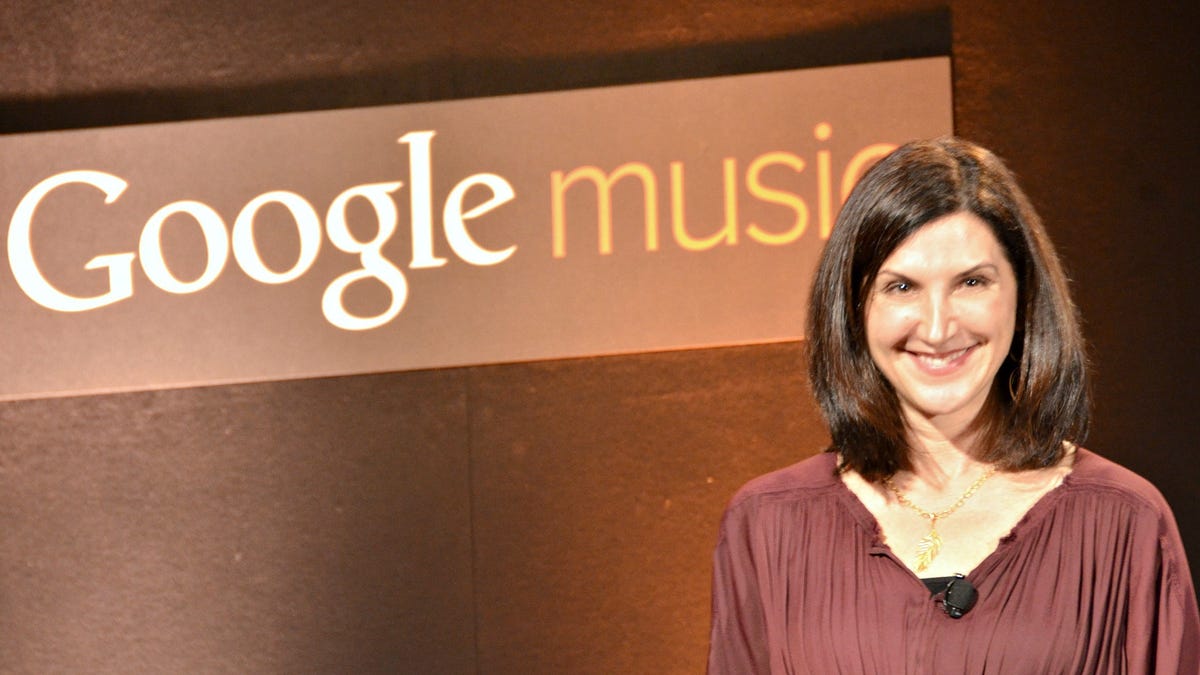Google Play, Android becoming entertainment powerhouses
Search giant is shedding image as an enemy of the entertainment industry. It now has licensing deals with all top Hollywood film studios, music labels, and magazine publishers.

Google Play's position among the top destinations for entertainment content, right there alongside Apple and Amazon, can no longer be denied.
Google announced today that it now has the licenses to offer movies and TV shows from News Corp.'s Twentieth Century Fox, which means Google Play can rent and sell material from all the major Hollywood studios. Google also locked up a deal with Time Inc. to distribute the media company's top magazine titles such as People, InStyle, and Time.
Perhaps most telling for Google is the deal it struck with Warner Music Group, one of the three remaining top music-recording companies. Warner and Google have been at odds for years. Warner once yanked its music videos off YouTube. The company's songs were conspicuously missing from Google Music when the service, which has now been folded into Google Play, was launched a year ago.
Google's music library is now complete with tunes from all the major labels. This is important because buyers of mobile phones and tablets have come to expect convenient and inexpensive ways of stuffing their devices full of movies, music, and e-books. Apple and Amazon, Google's top competitors in the mobile market, also offer a wide range of entertainment content.
The turnaround in the relationship between Google and the entertainment sector seems to have hinged on two important changes. First, Google has continued to step up antipiracy efforts in recent years. The second is that the worldwide popularity of Android, Google's mobile operating system, is impossible for entertainment companies to ignore.
Last month, Google Chairman Eric Schmidt said there were close to 500 million Android-equipped phones activated and that 1.3 million new Android phones are activated every day. The numbers will continue to grow. Google today announced the coming of the Nexus 4 smartphone, which was developed with LG and goes on sale November 13 for $299. In addition, Google unveiled the Nexus 10 tablet, developed with Samsung. That device goes on sale November 13.
It was only two years ago that executives from entertainment companies were predicting doom for Android's entertainment strategy. They believed that Google would be prevented from building the needed relationships because of its supposedly lax view on protecting content from piracy.
Google started building a reputation for being soft on piracy starting in October 2006, when the company announced its acquisition of YouTube, the user-generated video service that at the time was loaded with unauthorized clips from TV shows and feature films. Some film studio executives were relieved when Google took control of YouTube because they believed the company would take a firmer hand with the illegal uploading of video, but Google managers were said to be initially uncooperative.
But things began to change as Google attempted to acquire rights to more licensed content for YouTube and Android. In August, Google announced that it would turn the company's search engine into an antipiracy tool. The company said sites that generate too many copyright takedown notices would be moved lower in search rankings. Google bounced Grooveshark's music app from Google Play, and while the search giant never detailed the reasons, it's widely believed to be because the music labels have accused Grooveshark of distributing music illegally.
Google still has a ways to go with some in the industry. In the past month, the company has been called out for not doing enough to protect content by the likes of Harvey Weinstein, the indie-film mogul, and John Cougar Mellencamp, who wants a law to prevent search engines like Google from linking to sites accused of piracy.

